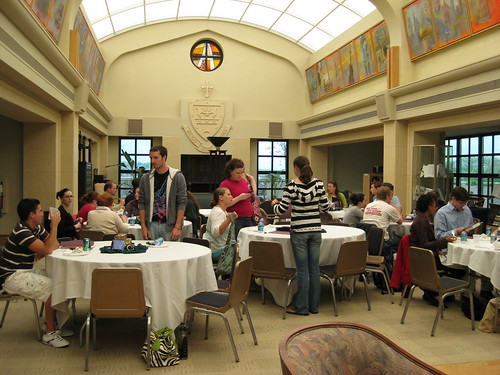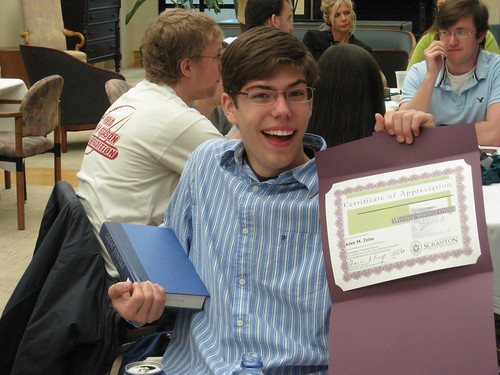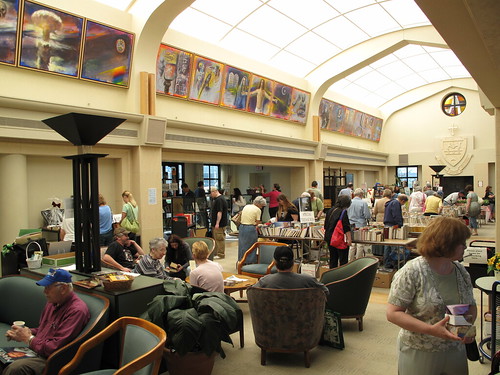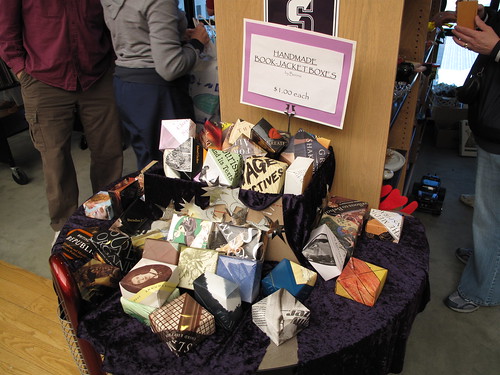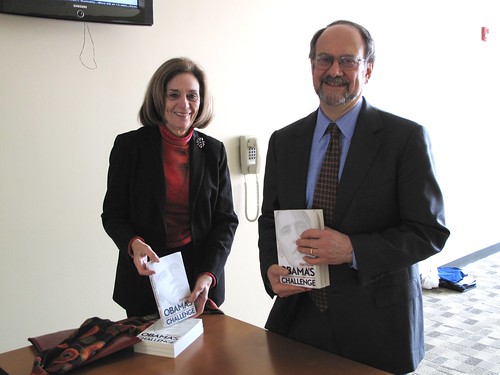It’s that time of the semester again. The Library has been filled to the brim these past few days, which means finals are almost here.
To help make your job of studying and paper-writing easier, here are the Library’s extended hours over the next 2 weeks:
Monday-Thursday, May 11-May 14: 8:00 a.m. – Midnight
Friday, May 15: 8:00 a.m. – 10:00 p.m.
Saturday, May 16: 9:00 a.m. – 9:00 p.m.
Sunday, May 17: Noon – 2:00 a.m.
Monday-Wednesday, May 18-20: 7:00 a.m. – 2:00 a.m.
Thursday, May 21: 8:00 a.m. – Midnight
Friday, May 22: 8:00 a.m. – 4:30 p.m.
Then, on Memorial Day Weekend and the week following, our hours will be:
Saturday-Monday, May 23 – 25: Closed
Tuesday-Thursday, May 26 – 28: 8:00 a.m. – 4:30 p.m.
Also, just a reminder that the Pro Deo room will be open 24 hours, like usual, leading up to and including finals week.
And finally, a reminder that if you need help on your final papers and projects at any hour of the day or evening, you can Chat 24/7 with a Librarian who will help you navigate our databases and resources, right from your computer at home/in your dorm! Just click here to get started!
